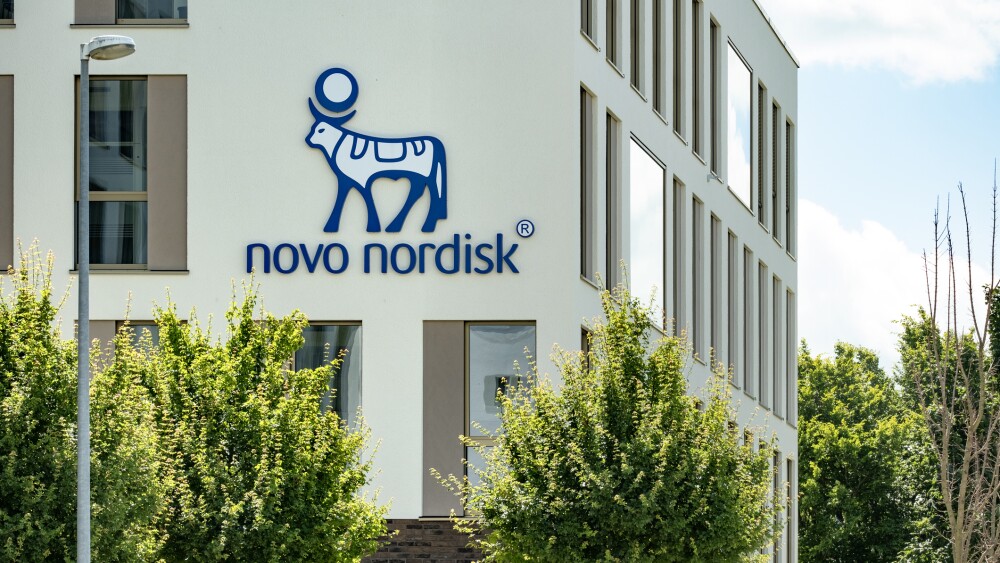MONMOUTH JUNCTION, N.J., June 4 /PRNewswire/ -- Transave Inc., a biopharmaceutical company developing drugs for life-threatening lung diseases, yesterday announced results of a Phase Ib/IIa trial evaluating safety, pharmacokinetics and tumor responses following administration of Sustained release Liposomal Inhalation Targeting (SLIT(TM)) Cisplatin to patients with relapsed/progressive osteosarcoma that has metastasized to the lung. Data show that administration of SLIT(TM) Cisplatin by inhalation was safe and well tolerated. Responses suggestive of antitumor activity also were observed in some patients. Dr. Alexander Chou, a pediatric oncologist at Memorial Sloan-Kettering Cancer Center and an investigator on the study presented the data in a poster session (Abstract #9525) at the 43rd Annual Meeting of the American Society of Clinical Oncology.
SLIT(TM) Cisplatin is designed to deliver targeted concentrations of cisplatin, a chemotherapy agent commonly used in the treatment of cancer, directly to tumors in the lung. These formulation and delivery routes are intended to minimize systemic exposure and limit the toxicity seen with intravenous cisplatin administration.
"This trial clearly demonstrates the safety and tolerability of inhaled SLIT(TM) cisplatin and provides promising early evidence of its efficacy in the treatment of osteosarcoma," said Richard Gorlick, M.D., Associate Professor of Pediatrics and Molecular Pharmacology, Chief of the Section of Hematology/Oncology at The Children's Hospital at Montefiore Medical Center and lead investigator on the study.
Dr. Chou added, "Osteosarcoma patients with relapsed pulmonary metastases have few or no treatment options. These data suggest that inhaled SLIT(TM) Cisplatin could address this unmet medical need of this patient population."
The Phase Ia/IIb study enrolled 18 patients with osteosarcoma that had metastasized to the lung. On average, participants had previously been treated with five other agents (range: 3-12). Participants received SLIT(TM) Cisplatin by inhalation every two weeks at a dose of 24 or 36 mg/m2 for six cycles. After two cycles, imaging studies were used to assess radiographic responses and participants also were eligible for surgical removal of metastatic lesions to assess chemotherapy response. Platinum levels also were assessed at this time point. After six cycles, participants were eligible to receive SLIT(TM) Cisplatin until disease progression or a maximum of one year of treatment.
SLIT(TM) Cisplatin was generally safe and well tolerated. The most common adverse events were nausea and cough, which were moderate and transient. Myelosuppression, changes in renal function and neuropathy -- which are common side effects of systemic cisplatin administration -- were not noted in this trial. Two of 18 patients had sustained complete responses for 21 and 24 cycles and were disease free following surgical excision of metastatic lesions. One of these patients suffered a bony relapse. Two other patients are responding to study drug (stable disease or better after 2 cycles and 5 cycles) without surgery and one patient has not yet been assessed. One patient withdrew from the study, and 12 others have had progressive disease.
About Osteosarcoma
According to the American Cancer Society, osteosarcoma is the most common form of bone cancer. Nearly half of the 900 cases diagnosed each year in the United States occur in children and adolescents less than 20 years of age. Metastatic recurrence is the primary cause of treatment failure, and approximately 80% of metastases are found in the lung. Although chemotherapy improves survival in many osteosarcoma patients who have pulmonary metastases, recurrent metastatic disease is difficult to treat.
About SLIT(TM) Cisplatin
Transave's SLIT(TM) Cisplatin is one of the first formulations designed for local delivery of a cancer drug to the lung for the site-specific treatment of lung cancer or pulmonary metastases. Cisplatin is a potent and widely utilized chemotherapy drug administered intravenously, either alone or in combination with other drugs. However, its clinical use is limited by severe toxicities, such as neurologic toxicity, renal (kidney) toxicity, myelosuppression, nausea and vomiting. SLIT(TM) Cisplatin is designed to deliver targeted concentrations of the anti-cancer agent to the tumor site, while also minimizing systemic exposure and limiting the toxicity seen with intravenous administration.
About Transave, Inc.
Transave is a privately-held biotechnology company whose mission is to improve the treatment of serious lung diseases through the development of novel, site-specific liposomal drug products. Transave's product candidates are delivered via inhalation directly to the site of the disease. The company's proprietary liposomal delivery technology provides for prolonged release of a drug in the lung while minimizing peak systemic exposure, which may improve the therapeutic index of commonly used pharmaceutical products.
Transave has two products in clinical development: Liposomal Amikacin for Inhalation (Arikace(TM)) for Pseudomonas aeruginosa infections in cystic fibrosis patients and SLIT(TM) Cisplatin for cancers that affect the lung. For more information about Transave's technology and development programs, visit http://www.transaveinc.com/.
Transave, Inc.CONTACT: Michio Soga, Chief Financial Officer, Transave, Inc.,+1-732-438-9434, or msoga@transaveinc.com
Web site: http://www.transaveinc.com/




